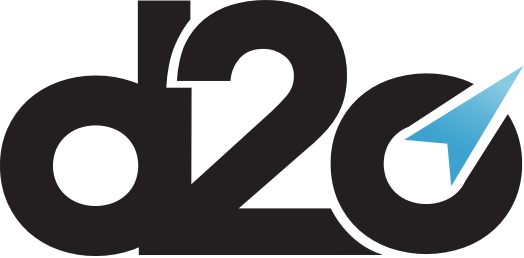1. Make sure you are looking at the correct period, MTD or Month-end. 2. Are opening and closing correctly inserted? 3. Are purchases entered correctly? 4. Verify that food revenue is correct. 5. Please check with your financial controller if something is...
faq
What is the recommended number of turnover days?
Fewer turnover days means that you are selling your food quickly and often indicates less waste and lower food cost. The recommended number of turnover days is 8 days, plus or minus 2 days.
My turnover days are set to 32. What does that mean?
Turnover days that are greater than 10 indicate that the amount of stock is higher than your business need.Fewer turnover days means that you are selling your food quickly and often indicates less waste and lower food cost. The recommended number of turnover days is...
How do I estimate my Closing Inventory?
Ending Closing Stock formula: Opening Inventory + Purchases = the Cost of goods available for sale (COGAS) COGAS x Cost percentage = Cost of goods sold (COGS) COGAS – COGS = Closing inventory Example: Your Opening Inv. Is 50.000€ + Purchases of 10.000€ (MTD or...
Why is opening and closing stock important?
1. Keeping track of opening and closing stock helps head chefs to efficiently manage and control their stock to minimize the risk of waste, track product value and optimize quality and food cost. 2. With a record of opening and closing stock, the food cost will be...
What is opening and closing stock?
Closing stock is your inventory or estimated inventory, if you do not have a counted stock account. Opening stock is the closing inventory from last month.
What is turnover days and how is it calculated?
Turnover days is how many times an average stock is being converted into sales. Fewer turnover days means that you are selling your food quickly and often indicates less waste and lower food cost. Calculation: Step 1. Opening inventory + closing inventory / 2 =...
What do I enter in the Purchase column?
Manually enter the total value of your food purchases as a lump sum in the Purchase column on the day they are delivered, excluding VAT.
What are my routines in the Food cost cockpit?
Daily routine (5 min): 1. Enter the total value of your food purchases as a lump sum in the Purchase column on the day they are delivered, excluding VAT. Weekly routines (10 min): 1. Update your closing stock by inserting your estimated stock value (See: How...
How do I know if I am scheduling according to activity?
Reaching the monthly productivity target is your key goal. Keeping the blue hours bars as close to the yellow line (SMART Forecast) as possible means that you are achieving your daily productivity target. Keep in mind that this is not always possible or desirable for...
